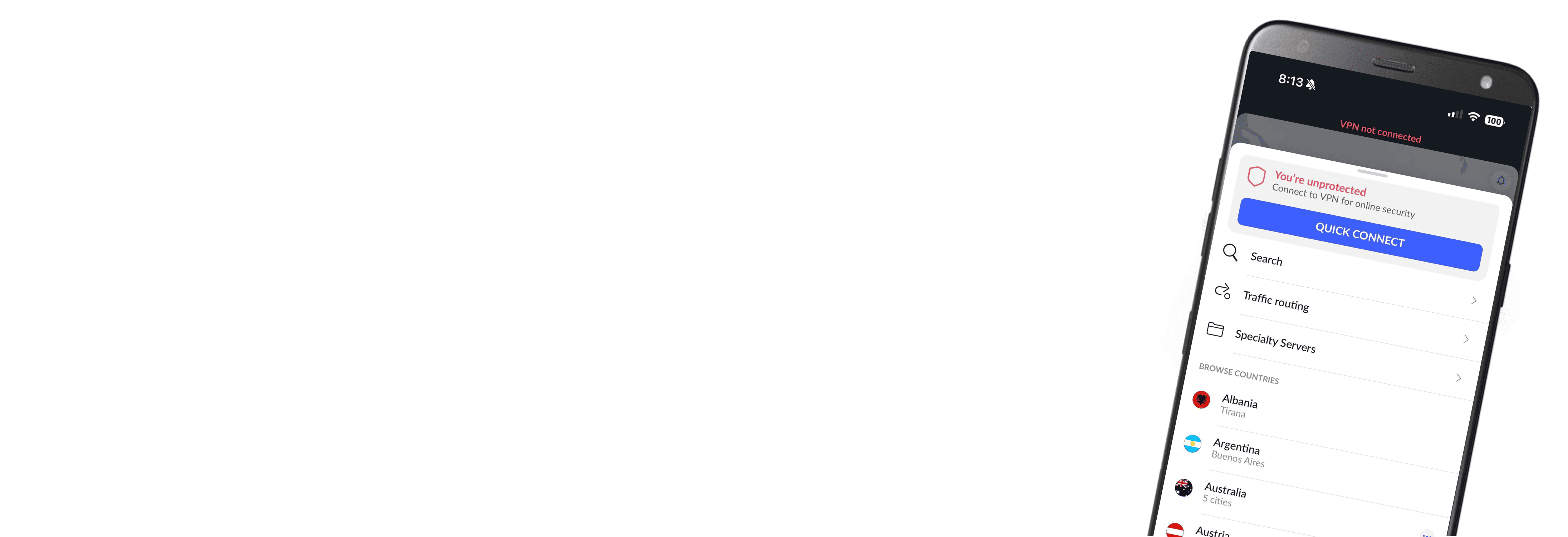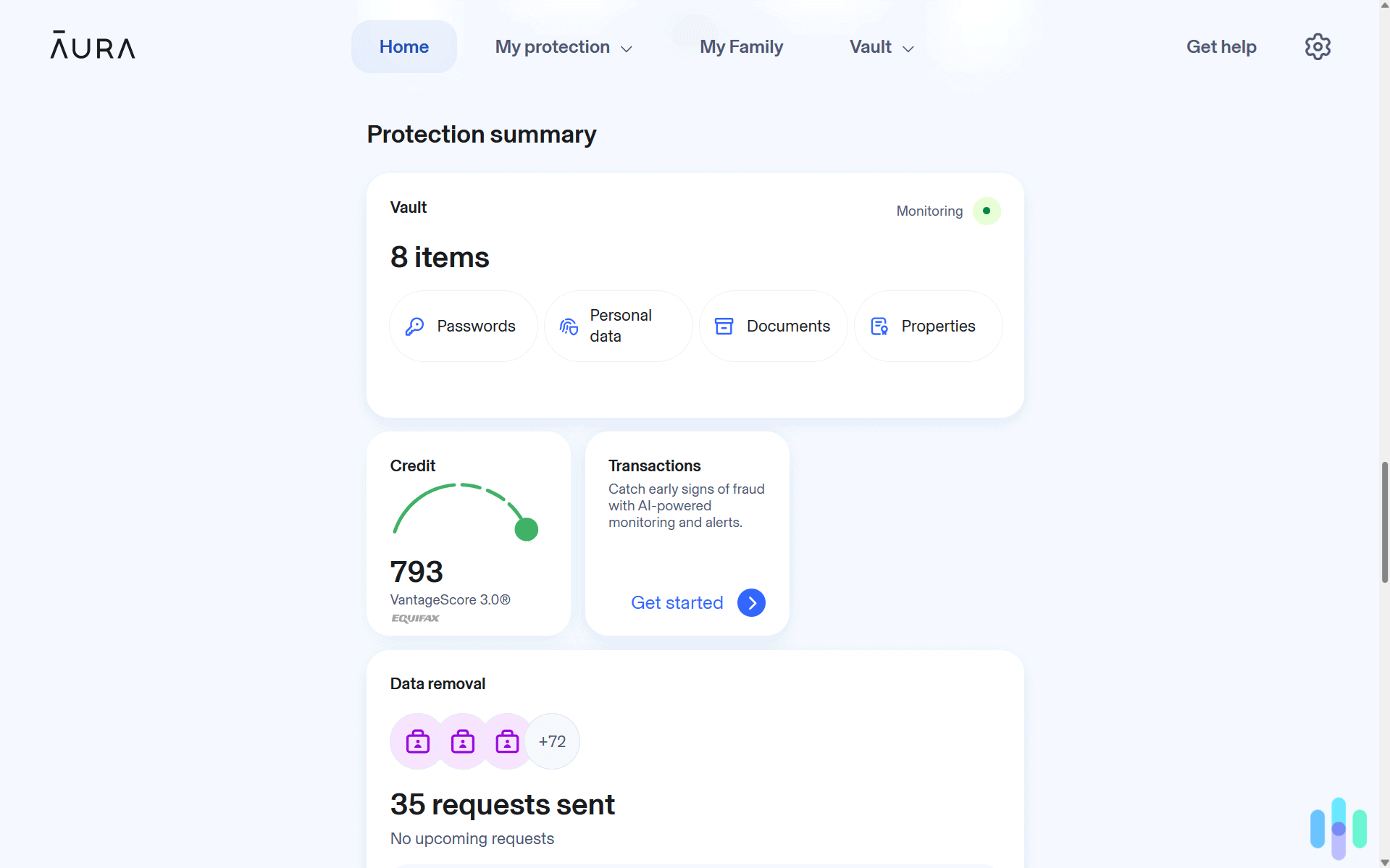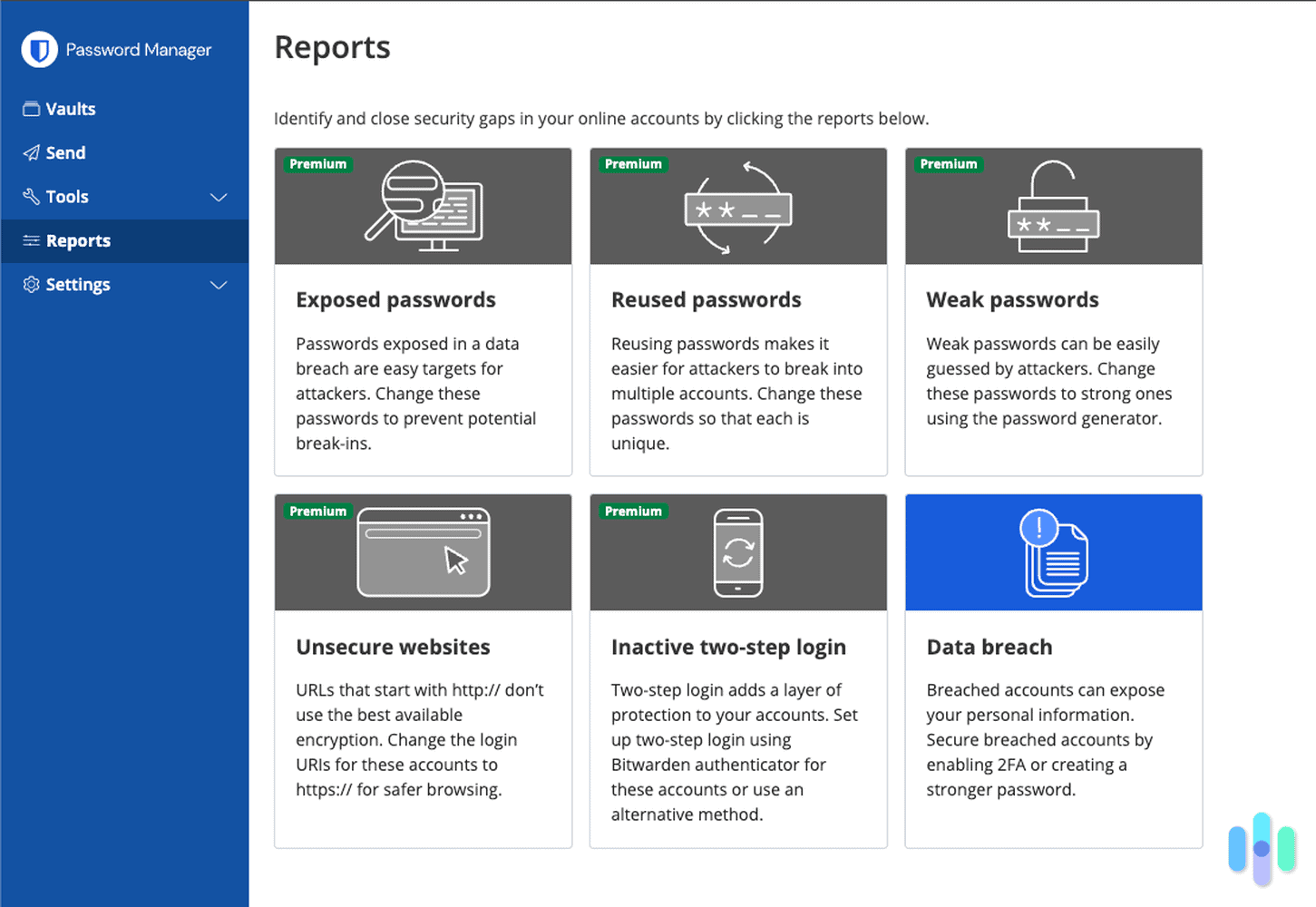VPNs can do incredible things for your privacy and online freedom, and we recommend everyone to use a VPN. That is, if it’s legal in your country. As it turns out, VPNs are not legal everywhere. So before you use a VPN, see whether or not it’s legal in your country.
Is Using a VPN Legal?
In the U.S., it’s legal to use VPNs; even the FBI recommends them for more online privacy.1 If you’re using a VPN to increase your anonymity online — not to engage in illegal activity — there is nothing to be concerned about from a legal standpoint.
We would like to point out, though, that there is no inherent right for every U.S. citizen to browse privately. While data privacy laws like the California Consumer Privacy Act (CCPA) include some protections for personal information, there’s no constitutional guarantee to anonymous internet browsing. That means two things:
- You need a VPN: Without VPN protection, your internet service provider (ISP) can see every website you visit. Advertisers can also track you across sites through cookies and fingerprinting. Government agencies can even request your browsing history from ISPs.
- VPNs might not always stay legal: ASince private browsing isn’t a constitutional right, Congress could theoretically pass legislation restricting VPN use without needing a constitutional amendment.
Today, Americans can freely use VPNs to encrypt their internet traffic, bypass geo-restrictions, avoid ISP throttling, and protect themselves on public Wi-Fi networks.
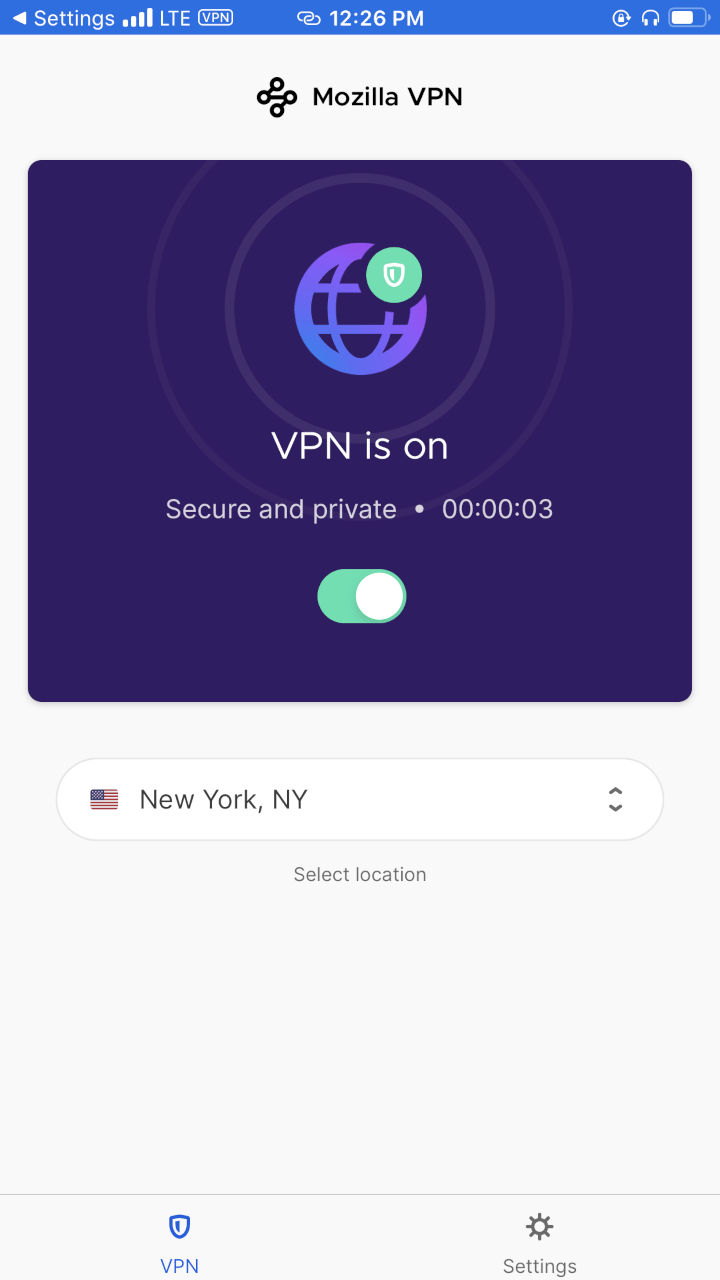
But that isn’t the case everywhere. There are a handful of countries across the globe where VPN use is severely restricted, or even illegal.
Countries Where VPNs Are Illegal
While the exact laws vary, VPNs are banned or heavily restricted in these countries. If you’re traveling to these locations, we recommend researching the specific VPN regulations that apply.
- Belarus
- China (while illegal for many uses, there are great VPNs for Chinese tourists)
- Iran
- Iraq
- Oman
- Russia
- Turkey
- Uganda
- United Arab Emirates (to get a VPN there, read our list of the best UAE VPNs)
- Venezuela
Additionally, several countries have strict internet censorship policies. While they haven’t explicitly banned VPNs, using one could attract unwanted government attention:
- North Korea (but not its neighbor to the south, South Korea. See our list of the best VPNs for Korea)
- Cuba
- Egypt
- Vietnam
- Bahrain
- Turkmenistan
- Myanmar
- Syria
- Libya3
While VPNs may be illegal or discouraged in certain countries, you can still connect to servers in these countries with the right VPN. However, VPN usage in restricted areas comes with its own set of risks, depending on which country you’re in and which VPN you choose.
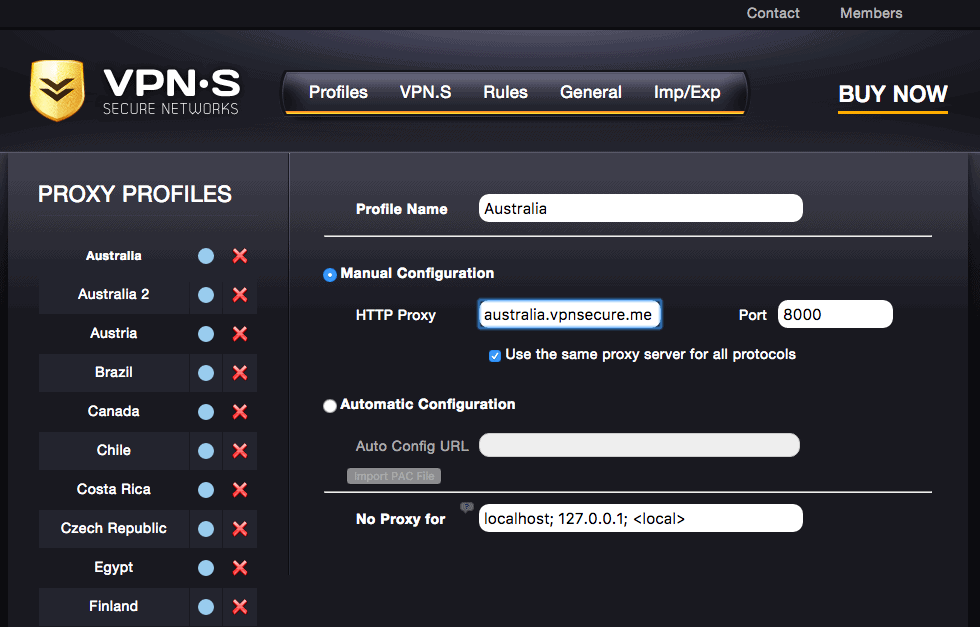
Are VPNs Safe to Use?
Not all VPNs are safe to use. To minimize your risk, look for the following in your VPN search:
- Strict logging policy: The best VPNs have a verified no-logs policy, meaning they don’t store any record of your online activities. We’ve tested some VPNs that claim “no logs” but still collect connection timestamps or bandwidth usage. Truly private VPNs only keep minimal account information like an encrypted email address and anonymized payment data.
Did You Know: Look for VPNs that have had independent security audits to verify their no-logs claims. We recommend companies like Cure53 and PwC regularly audit major VPN providers.
- Five Eyes nonmember: The Five Eyes, Nine Eyes, and 14 Eyes alliances are international intelligence-sharing agreements. VPNs headquartered outside these jurisdictions (like Panama, British Virgin Islands, or Switzerland) can’t be forced to share user data with governments.
- Strong encryption methods: The VPN should also use an encryption method such as AES-256; the U.S. military and government trust it, so it’s good enough for you as well.
The best way to avoid legal complications is to not use a VPN in countries where they’re prohibited. You should also never use a VPN to mask illegal activities like copyright infringement through torrenting. Prosecutions for VPN use are uncommon, but there have been a few notable cases:
- 2020: A man in China was given an unspecified “administrative penalty” for bypassing the country’s Great Firewall.
Did You Know: In China, the Great Firewall only allows citizens to access government-approved websites, greatly restricting what people can do online.
- 2024: China continues to crack down on unauthorized VPN use. Multiple individuals have received administrative penalties for bypassing the Great Firewall to access blocked social media platforms.
- 2023: In the UAE, authorities detained several individuals for using VPNs to access VoIP services like WhatsApp calls, which are restricted in the country.[/citation]
We don’t intend to scare you by listing these punishments; rather, these are worst-case scenarios. Still, these types of punishments make choosing the right VPN for travel more important than ever before.
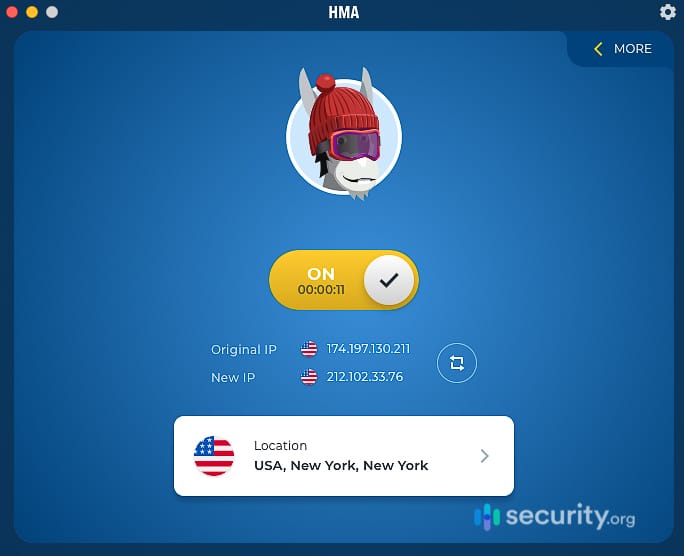
Using VPNs for Illegal Activities
VPNs don’t make illegal activities legal. They’re privacy tools, not invisibility cloaks for criminal behavior.
If you’re doing something illegal while using a VPN, you’re still breaking the law. For instance, some people use VPNs to torrent copyrighted content. This violates the Digital Millennium Copyright Act (DMCA). Even with a VPN masking your IP address, this activity is illegal and can result in hefty fines or legal action.
That’s why we only recommend using VPNs to torrent non-copyrighted content.5 While a VPN may hide activity, it doesn’t change the legal status of the acts.
» Learn About: Using a VPN for Torrenting
Why People Use VPNs Legally
According to our latest VPN usage study, here are the top legitimate reasons people use VPNs:
- General privacy
- General security
- Protection from public Wi-Fi networks
- Increased security during online shopping
- Avoiding bandwidth throttling from ISPs
- Streaming content from other countries’ servers.
Can You Be Fined or Prosecuted for Using a VPN?
If you’re using a VPN legally in a country where they’re permitted (like the U.S., U.K., Canada, or Australia), you have nothing to worry about. However, if you’re in a country where VPNs are restricted or banned, the consequences can range from fines to imprisonment.
Video Breakdown
Gabe Turner, an attorney and Security.org’s Chief Editor, discusses the legality of VPNs in this video.
How Do VPNs Work?
VPNs create a secure, encrypted connection between your device and a remote server. Here’s what happens when you connect: First, the VPN client on your device establishes an encrypted tunnel to the VPN server. Then, all your internet traffic travels through this tunnel, making it unreadable to anyone trying to intercept it — including your ISP, hackers on public Wi-Fi, or government surveillance.Some VPNs even encrypt this information twice or more times, a process called multi-hop encryption. Once the user connects to a VPN, it will replace the device’s IP address with another one to hide their location, which is why it may seem to websites that the user is in a different country. To learn more, read our VPN guide.
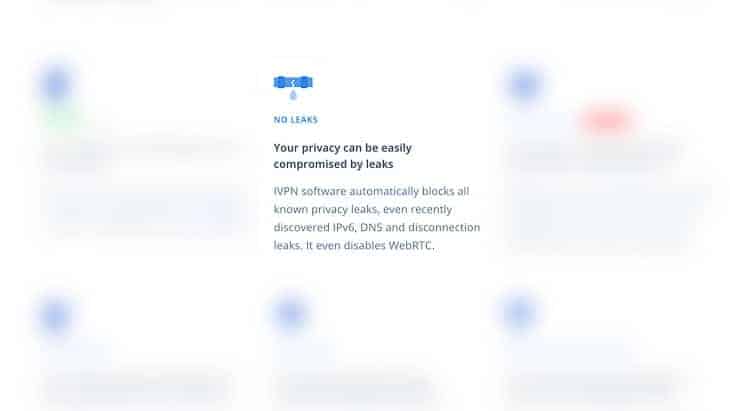
Is Using a VPN Necessary?
Depending on where you are and what you want to do online, a VPN may or may not be necessary. For example, if you are on your secure home network and simply want to watch your country’s Netflix library, then a VPN won’t be of much use. However, if you are on a public Wi-Fi network, want to watch another country’s Netflix library, or simply don’t want your ISP to know your online activity, then yes, VPNs are necessary. Ultimately, it’s a personal choice; if you want privacy online, a VPN is the simplest and most straightforward method.
» Further Reading: ISP Throttling
Recap
Unless you’re doing anything illegal, using a VPN in the U.S. is perfectly legally sound. However, if you’re using a VPN in a country where it’s not legal, it’s important to download one of the best VPNs in terms of privacy. While we can’t condone any illegal activity, there are ways to get around government restrictions to access a more free and open internet, and VPNs are at the forefront.
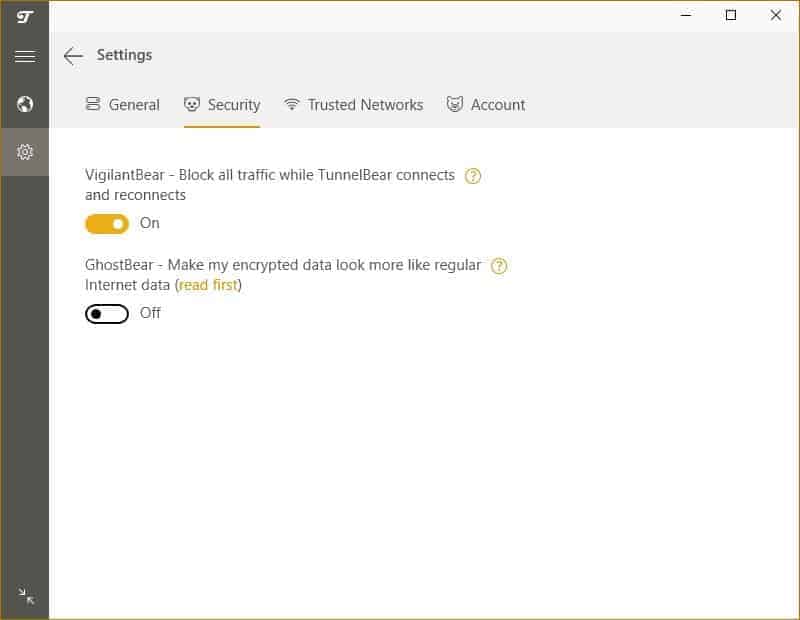
Frequently Asked Questions
Not so fast. Here is some more information about the legality behind VPNs.
-
Can I get in trouble for using a VPN?
Whether or not you can get in trouble for using a VPN depends on what country you’re in. If you’re in the U.S., VPNs are legal, so no, you can’t get into trouble for using them. However, if you’re in a country that bans VPNs, like China, then yes, you can get into trouble for using them.
-
Is using a VPN legal in Australia?
Using a VPN is legal in Australia.
-
Is using a VPN to watch Netflix illegal?
In the U.S., using a VPN to watch Netflix is legal; however, Netflix does block many VPNs, so you may or may not be able to get access.
-
Is it legal to use a VPN in the U.K.?
It is legal to use a VPN in the U.K.

